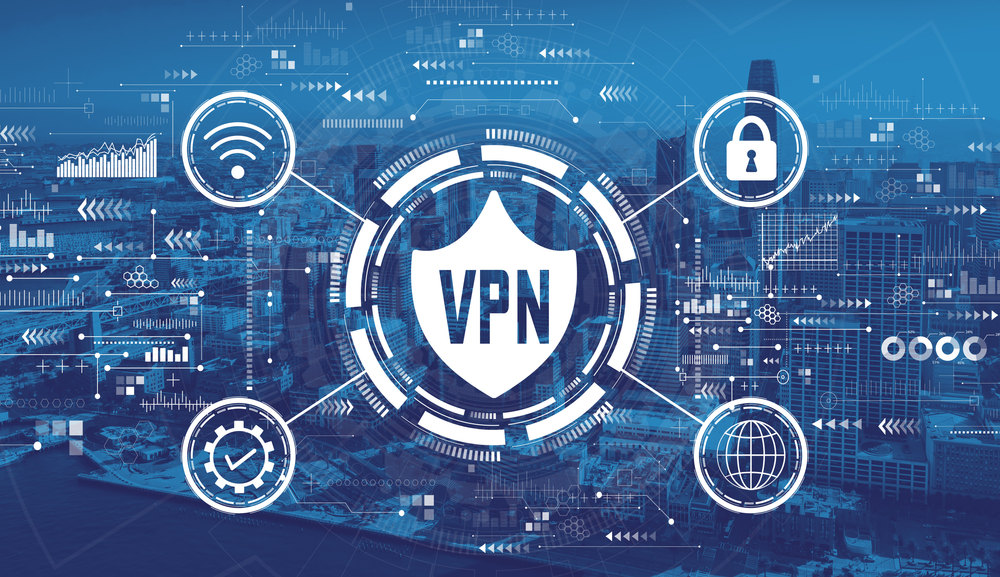There are a few important factors that you should know about VPNs and how they can help your business.
Remote Access VPN
Remote access VPNs allow remote workers to connect to a business network securely and privately. This helps protect company resources and confidential data while minimizing identity theft risk. These services are increasingly popular with employees who need to work from different locations. These solutions are easy to implement and have numerous benefits, including security and privacy.
Remote access VPNs use a secure VPN gateway to provide secure access to a remote computer network. The VPN client software encrypts data before it is sent over the Internet. The information is decrypted only once it reaches the VPN server, usually the organization’s headquarters. When a teleworker logs in to a remote PC, the secure VPN gateway decrypts the information and grants the remote user access to the company network.
To emphasize the VPN meaning in computer networks, it is widely used for convenient yet secure access to company data. Remote access VPNs are especially useful for businesses with employees working from different locations. Because remote employees can access files and system resources from any location, they can easily collaborate with colleagues at different locations.
Client-Server VPN
One of the most significant use cases of a VPN is remote working. Connecting to the company’s internal network through the public Internet can put sensitive information at risk, so it’s important to secure the connection. By using a VPN, employees can encrypt their data so that no one can read it. With this protection, IT can trust that every employee is protected while connected to the network.
Using a client-server VPN for businesses is a good choice to keep your business’s network safe. In this type of connection, all the VPN traffic passes through a company-controlled server, usually on company premises. This allows employees to access shared drives and work as if they were connected to the office network. However, an on-premises server can be a bottleneck and slow down the connection between outside and company networks. Most large corporations have their own VPN services, but small to midsized businesses don’t have the IT resources to run their private network. While consumer-grade VPNs may work for some small businesses, they are not ideal for businesses.
Using a VPN To Connect To A Corporate Network
A VPN connects off-site employees to the company’s corporate network through a secure tunnel. VPNs are secure because the traffic they carry through them is encrypted. This makes them ideal for employees who work from home. By installing the VPN client on their computers, employees can access the company’s network like they were working in the office.
VPNs are available on both consumer and enterprise-grade computer equipment. While you can configure a VPN on your home computer, most businesses purchase specialized equipment optimized for VPN use. Some smaller businesses have all of their VPN equipment on-site, while larger organizations with many branch offices use a co-location facility for their VPN equipment. Co-location facilities are large data centers that rent out space to businesses.





More Stories
What Is a Cloud Security Audit?
9 Steps To Fix Brother Printer Offline Issue On Mac Devices
Never Mess With The Jabra Headset, And Here Are The Reasons Why